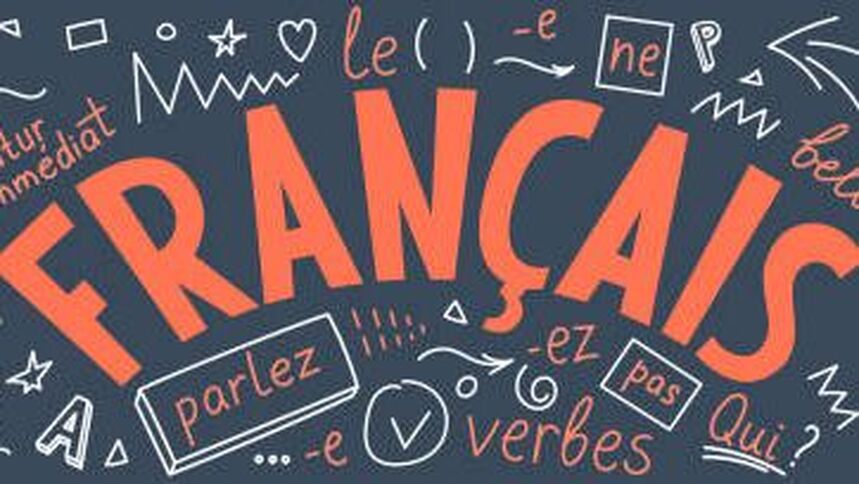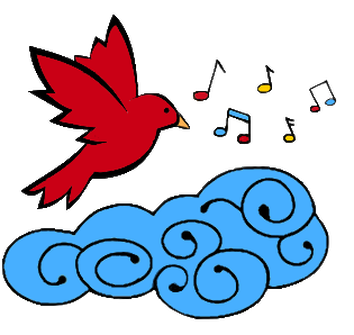|
When we start a new language, we want to make sure that we want to be able to maximize our time and energy. French can be a very difficult language to learn by yourself and it can be overwhelming if you haven’t learned a foreign language before. Check out a couple of our tips on how to effectively study the French language in this week’s guide. Set specific, achievable goals for yourself. You can begin with small, achievable goals that you can accomplish in a short period of time. This will help you build confidence and momentum. In addition, it’s important to also make your goals specific. So, instead of setting a general goal like “improve my French,” make goals that are specific and measurable. For example, “Learn 25 new vocabulary words by the end of the week” is a specific and measurable goal.
Make sure to set short-term and long-term goals. Mixing short-term goals (that you can achieve in a few weeks or months) with long-term goals (that might take a year or more) will help you stay motivated and keep your progress on track. It is also important to make your goals realistic. It’s important to set goals that are challenging, but not impossible. If you set goals that are too difficult, you may become frustrated and discouraged. You can also keep track of your progress. You can use a planner or app to track their progress to make sure they are on track to achieve their goals. This will be useful so that you can visualize your progress. Find a way to immerse yourself in the language. This could mean listening to French music, watching French movies, or reading French books. Watching movies and TV shows in the French language can help you improve your listening skills and learn new vocabulary. You can also listen to French music that can help you improve your listening skills and learn about French culture. Read French books. Reading books in French can help you improve your reading skills and expand your vocabulary. Speak French with native speakers. You can find language exchange partners online or in your local community to practice speaking French with native speakers. Visit a French-speaking country. Visiting a French-speaking country and immersing yourself in the language and culture can be a powerful way to improve your French skills. Use language learning apps. There are many language learning apps that offer immersive learning experiences, such as Duolingo, Babbel, and Rosetta Stone. Practice speaking and listening as much as possible. You can do this by finding a language exchange partner, joining a conversation group, or taking a French language course. You can do the following things: Join a language exchange group or community. There are many online groups and communities where you can find language exchange partners. You can search for these groups on social media platforms or online language learning forums. Use a language exchange website. There are several websites specifically designed for language exchange, such as Tandem, MyLanguageExchange, and ConversationExchange. These websites allow you to search for language exchange partners based on your location and language preferences. Attend language exchange events. Many cities have regular events or meetups where you can find language exchange partners. You can search online for language exchange events in your area or ask at local language schools or cultural centers. Use social media. You can use social media platforms like Facebook and LinkedIn to connect with people who are interested in language exchange. You can also use hashtags to find groups or individuals who are interested in language exchange. Ask around. You can ask friends, family, or coworkers if they know anyone who is interested in language exchange. You can also ask at local language schools or cultural centers if they have any recommendations for finding a language exchange partner. Stay consistent and practice regularly. Even just a few minutes of daily practice can make a big difference in your ability to retain new information. Don't be afraid to make mistakes. Learning a new language involves making mistakes, and it's important to embrace them as part of the learning process. Since we all learn differently, you will have to find a language learning method that works for you. Some people prefer structured courses, while others prefer a more self-directed approach. Experiment with different methods to find out what works best for you. You can also explore the different resources we have at the Music & Language Learning Center, where we provide high-quality instruction to our students in the French language. Stay consistent and don't be afraid to make mistakes – they're all part of the learning process! And if you need extra support or guidance, don't hesitate to reach out for a free consultation. Let's embark on this language learning journey together!
0 Comments
Leave a Reply. |
AuthorWrite something about yourself. No need to be fancy, just an overview. Archives
June 2024
Categories
All
|
Music & Language Learning Center |
Music Classes |
Language Classes |
MUSIC AND LANGUAGE LEARNING CENTER 2024



 RSS Feed
RSS Feed

